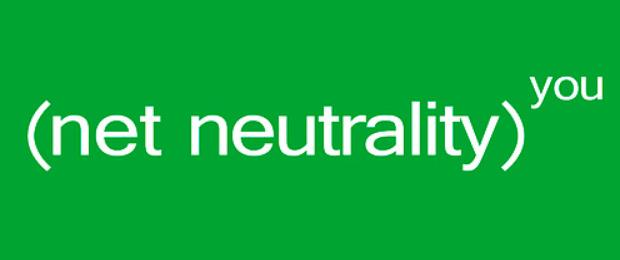You have until midnight tonight to tell the Federal Communications Commission (FCC) not to destroy net neutrality and the open Internet.
The current FCC wants to give big cable companies control over what we see and do online. If they get their way, they’ll allow widespread throttling, blocking, censorship, and extra fees. If you believe, as we do, that corporations should not be able to slow down or block websites, raise fees so some users can pay to get faster access, or allow their own services access to such fast lanes, then please speak in defense of net neutrality. Fight for the Future has setup an easy form for you to submit your comment. You can also use the FCC comment page directly. Enter 17-108 in the Proceeding(s) field.
The FCC has received over 21.9 million filings, so if you haven’t submitted a comment in support of net neutrality and an open Internet, please do.
Ultimately, this fight needs Pirates in office to win an open Internet once and for all. Please volunteer with us, donate, start a local chapter or run for office. Thanks!
WHAT IS NET NEUTRALITY?
Net neutrality is the basic principle that protects our free speech on the Internet. “Title II” of the Communications Act is what provides the legal foundation for net neutrality and prevents Internet Service Providers like Comcast, Verizon, and AT&T from slowing down and blocking websites, or charging apps and sites extra fees to reach an audience (which they then pass along to consumers.)
WHY IS NET NEUTRALITY IMPORTANT?
The Internet has thrived precisely because of net neutrality. It’s what makes it so vibrant and innovative—a place for creativity, free expression, and exchange of ideas. Without net neutrality, the Internet will become more like Cable TV, where the content you see is what your provider puts in front of you.


You have until midnight tonight to tell the Federal Communications Commission (FCC) not to destroy net neutrality and the open Internet.
The current FCC wants to give big cable companies control over what we see and do online. If they get their way, they’ll allow widespread throttling, blocking, censorship, and extra fees. If you believe, as we do, that corporations should not be able to slow down or block websites, raise fees so some users can pay to get faster access, or allow their own services access to such fast lanes, then please speak in defense of net neutrality. Fight for the Future has setup an easy form for you to submit your comment. You can also use the FCC comment page directly. Enter 17-108 in the Proceeding(s) field.
The FCC has received over 21.9 million filings, so if you haven’t submitted a comment in support of net neutrality and an open Internet, please do.
Ultimately, this fight needs Pirates in office to win an open Internet once and for all. Please volunteer with us, donate, start a local chapter or run for office. Thanks!
WHAT IS NET NEUTRALITY?
Net neutrality is the basic principle that protects our free speech on the Internet. “Title II” of the Communications Act is what provides the legal foundation for net neutrality and prevents Internet Service Providers like Comcast, Verizon, and AT&T from slowing down and blocking websites, or charging apps and sites extra fees to reach an audience (which they then pass along to consumers.)
WHY IS NET NEUTRALITY IMPORTANT?
The Internet has thrived precisely because of net neutrality. It’s what makes it so vibrant and innovative—a place for creativity, free expression, and exchange of ideas. Without net neutrality, the Internet will become more like Cable TV, where the content you see is what your provider puts in front of you.